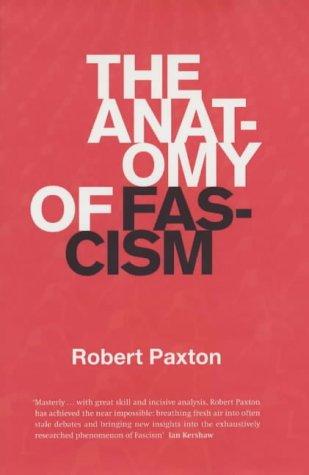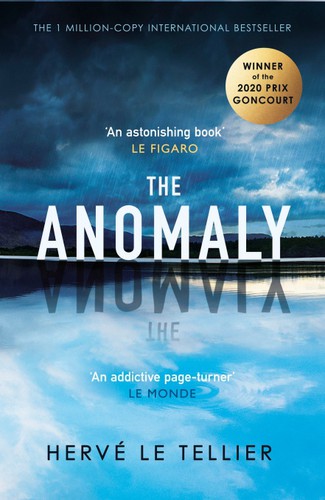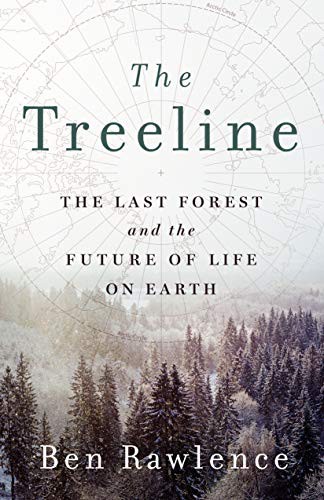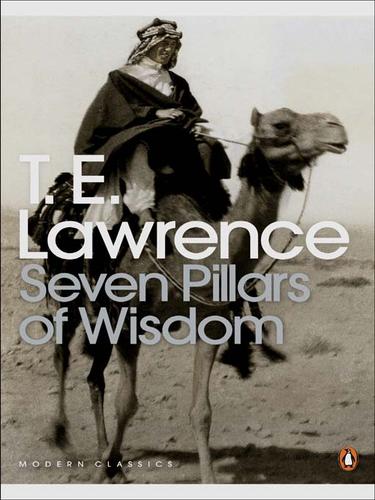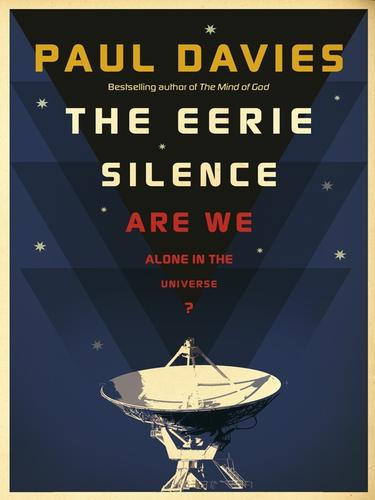It's 1915. World War I rages in France. The war's eastern theatre, Asia Minor, includes the Arabian peninsula and the Levant (modern Syria, Jordan, et al). These lands are provinces of Ottoman Turkey. The local subjects, arabs, have only tribal affiliations, and lack nations of their own. What better way to cause headaches for our imperial foe than to facilitate the arab independence struggle, thought the British. The agent of chaos sent was T. E. Lawrence, AKA Lawrence of Arabia. Seven Pillars of Wisdom is his recount of their efforts breaking things, winning civilian hearts and minds, navigating tribal diplomacy and life, and keeping the British command satisfied.
The independence movement, essentially a fluid volunteer army on camelback, supported by the occasional sapper contingent and artillery strike from the British, required its members to subordinate their tribal politics to the greater goal of independence. This required charisma and farsightedness in its native leaders. Lawrence introduces us to Feisal the statesman and figures Auda and Nasir, heads of their respective clans and makeshift colonels.
Lawrence explains, 'the Arab war was geographical, and the Turkish Army an accident. Our aim was to seek the enemy’s weakest material link and bear only on that till time made their whole length fail [...] we must extend our front to its maximum, to impose on the Turks the longest possible passive defence, since that was, materially, their most costly form of war. [...] Our duty was to attain our end with the greatest economy of life.'
The book can be divided into two rough geographic sections of operation: the movement's work up and down the western coast of the peninsula, targeting the Hejaz railway and various Turkish garrisons. The latter section deals with their northern exploits in Jordan, Syria, Palestine, etc.
Given it was written a century ago, the text is probably having to do more things now than ever. It can be superficially read as history (my knowledge of the region before national borders were drawn was poor), as a professional soldier's epic memoir of two years abroad, and as a kind of disturbed adventure story whose narrator is forever at pains to examine and question the roles he played. In fact the author regularly provides psychological appraisals of the fighters both as unit and individuals. Remarking on the master-servant social dynamics in the context of volunteer soldiering, Lawrence writes, 'In this pledging of their endurance, it disgraced men if, from weakness of nerve or insufficiency of courage, they fell short of the call. Pain was to them a solvent, a cathartic, almost a decoration, to be fairly worn while they survived it. Fear, the strongest motive in slothful man, broke down with us, since love for a cause—or for a person—was aroused. For such an object, penalties were discounted, and loyalty became open-eyed, not obedient. To it men dedicated their being, and in its possession they had no room for virtue or vice. Cheerfully they nourished it upon what they were; gave it their lives; and, greater than that, the lives of their fellowship: it being many times harder to offer than to endure sacrifice.'
On customs of war: 'To an Arab an essential part of the triumph of victory was to wear the clothes of an enemy: and next day we saw our force transformed (as to the upper half) into a Turkish force, each man in a soldier’s tunic [...] The dead men looked wonderfully beautiful. The night was shining gently down, softening them into new ivory. Turks were white-skinned on their clothed parts, much whiter than the Arabs; and these soldiers had been very young. Close round them lapped the dark wormwood, now heavy with dew, in which the ends of the moonbeams sparkled like sea-spray. The corpses seemed flung so pitifully on the ground, huddled anyhow in low heaps. Surely if straightened they would be comfortable at last. So I put them all in order, one by one, very wearied myself, and longing to be of these quiet ones, not of the restless, noisy, aching mob up the valley, quarrelling over the plunder [...] with death, whether we won or lost, waiting to end the history.
So much of the book details not only military movements but the nature of terrain on the peninsula (it's far more than just sand dunes), and the diversity of the co-operating clans: from the lithe Ageyl with braided hair, to the industrious Howeitat and Juheina.
One of my favorite vignettes from the peninsula section was when several slaves worked overtime at the height of noon to to unblock a well that had been hastily caved in by retreating Turks, sweat pouring off their backs as various wealthier soldiers promised them large payments of gold as incentive to work quickly. The book so often has the arabs using euphoric language to describe water, calling particularly fresh sources 'sweet', with different flavours. Indeed it was often a matter of life or death.
Books like this are practically impossible to write now, due to the nature of modern warfare and bureaucratic secrecy. Lawrence is a stirring writer, but always in the back of your mind you're aware he is essentially running agitprop with guns, using the arabs to achieve British imperial ends - an Edwardian-era black-ops specialist. Indeed even he referred to his work as perpetuating a 'fraud', never wholly convinced of its moral legitimacy but nevertheless taking solace in the righteousness of its process and ordeals.
